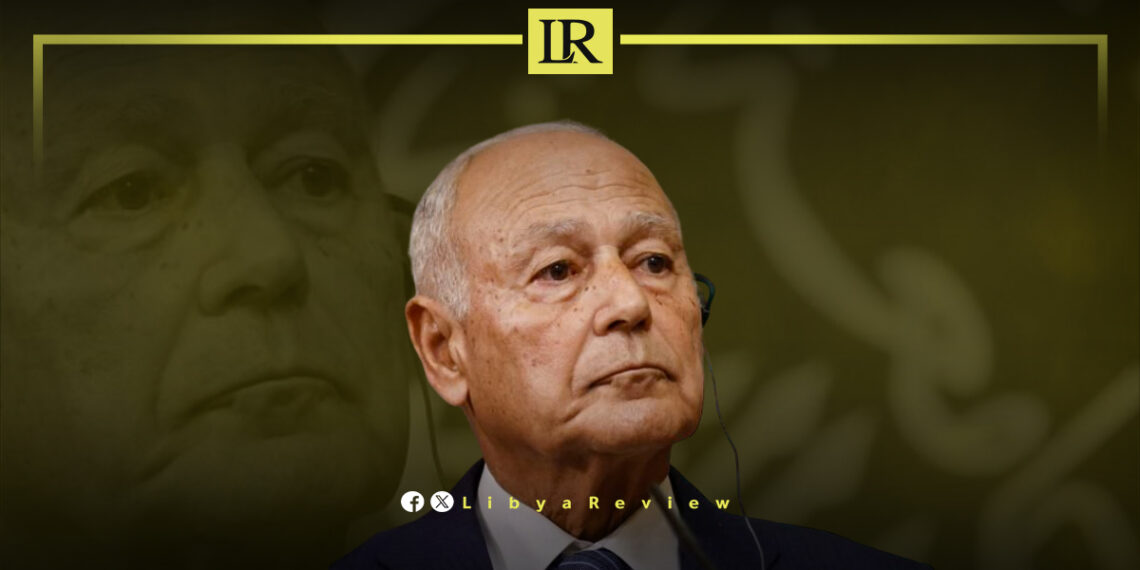During the opening session of the Arab League Council, Secretary-General Ahmed Aboul Gheit expressed deep concern over the recent developments in Libya, highlighting the growing divide between the country’s eastern and western regions.
“We regret and are worried about the recent developments in Libya. The division is not healing; it is expanding between the east and the west,” Aboul Gheit said.
He stressed that the hardening of positions does not serve Libya or its institutions and urged all key parties to prioritise the country’s interests.
The Secretary-General called on all parties to return to constructive dialogue under the Arab League’s auspices.
He emphasised the importance of overcoming disputes as a crucial step towards achieving comprehensive national reconciliation and holding long-awaited elections in Libya.
Libya has been in chaos since a NATO-backed uprising toppled longtime leader Muammar Gaddafi in 2011. The county has for years been split between rival administrations.
Libya’s economy, heavily reliant on oil, has suffered due to the ongoing conflict. The instability has led to fluctuations in oil production and prices, impacting the global oil market and Libya’s economy.
The conflict has led to a significant humanitarian crisis in Libya, with thousands of people killed, and many more displaced. Migrants and refugees using Libya as a transit point to Europe have also faced dire conditions.
The planned elections for December 2021 were delayed due to disagreements over election laws and the eligibility of certain candidates. This delay has raised concerns about the feasibility of a peaceful political transition.
Despite the ceasefire, security remains a significant concern with sporadic fighting and the presence of mercenaries and foreign fighters. The unification of the military and the removal of foreign forces are crucial challenges.


